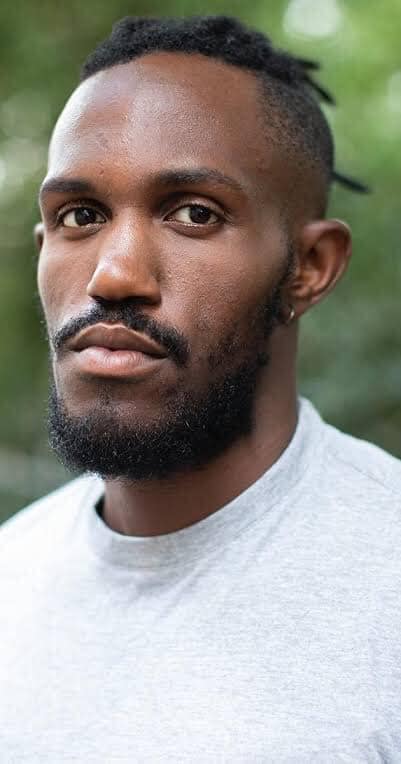Oseloka Obi, son of Labour Party presidential candidate and former Anambra State Governor Peter Obi, has hit back at social media critics linking his private life to politics. He described the circulating stories as deliberate attempts to distract Nigerians from pressing national problems.
The actor and filmmaker, who generally keeps a low profile online, responded on Friday to controversies swirling around him. He said the personal photos and stories shared on social media about him were taken out of context and purposely distorted to harm his father’s reputation.
“I have never lived a life of scandal. I am an actor and filmmaker, not a politician,” Oseloka stated. “It is unfortunate that some people take my creative roles and repackage them into political lies.”
This comes amid rising political tensions ahead of the 2027 general elections, where Peter Obi remains a major figure in Nigerian politics. As the Labour Party candidate, Peter Obi has enjoyed wide support, especially among young Nigerians and urban voters. However, he has also faced harsh criticism from opponents and political rivals, who often use personal attacks as a tool to weaken his campaign.
Oseloka stressed that he was raised with values of integrity, hard work, and honesty by his father—principles he carries into his own career in the arts. He insisted his support for his father is not merely because of family ties, but because he believes in his leadership qualities.
“I stand behind my father not just as his son but as someone who believes Nigeria needs the kind of leadership he offers,” Oseloka said.
The son of Peter Obi lamented how social media platforms have become breeding grounds for fake news and malicious gossip, particularly targeting political figures and their families. He urged Nigerians to be wary of these distractions and instead focus on the real issues facing the country.
“We must not allow petty distractions and falsehoods to divert us from addressing Nigeria’s critical challenges,” he said.
These challenges include insecurity, economic hardship, corruption, and poor public services such as healthcare and education. According to Oseloka, the country’s progress depends on collective attention and action toward these pressing concerns, rather than divisive gossip.
“This pettiness does not move Nigeria forward,” he said. “We will go high while others spread falsehoods.”
Peter Obi first came into national prominence as governor of Anambra State between 2006 and 2014. He is widely credited with prudent financial management and improving infrastructure and education in the state. After leaving office, he remained an influential political figure and ran unsuccessfully for president in 2019 and 2023.
His 2023 campaign with the Labour Party energized many Nigerians, particularly the youth, who saw him as a fresh alternative to the established political elite. Despite losing, Peter Obi’s popularity has only grown, making him a key player in Nigerian politics.
His family has mostly stayed away from the limelight, preferring to keep private lives private. Oseloka’s career in acting and filmmaking is separate from his father’s political life, yet he has often been dragged into political debates online.
The controversy around Oseloka highlights a broader problem in Nigerian politics, where personal attacks and smear campaigns are often used to discredit politicians and their families. Such tactics can shift public attention away from policy debates and solutions to Nigeria’s socio-economic issues.
Experts say this trend is harmful to democratic processes, as it encourages misinformation and polarizes voters.
Oseloka’s response is a call for maturity and focus in public discourse. By rejecting false narratives about his life, he hopes to set an example that Nigerians should judge political leaders by their policies and actions, not by gossip or unverified claims.
As Nigeria heads toward the next election cycle, the focus on credible leadership and national development becomes more urgent. Supporters of Peter Obi and other politicians stress the need to address fundamental problems like unemployment, inflation, insecurity, and governance reform.
Oseloka Obi’s appeal for unity and attention to real issues resonates with many who are tired of divisive politics. He represents a new generation of Nigerians who want politics to be about solutions rather than distractions.
In closing, Oseloka encouraged Nigerians to look beyond the noise and join hands in building a better country.
“Nigeria’s future depends on us rising above petty quarrels,” he said. “Let’s focus on what matters most and build a nation we can all be proud of.”

